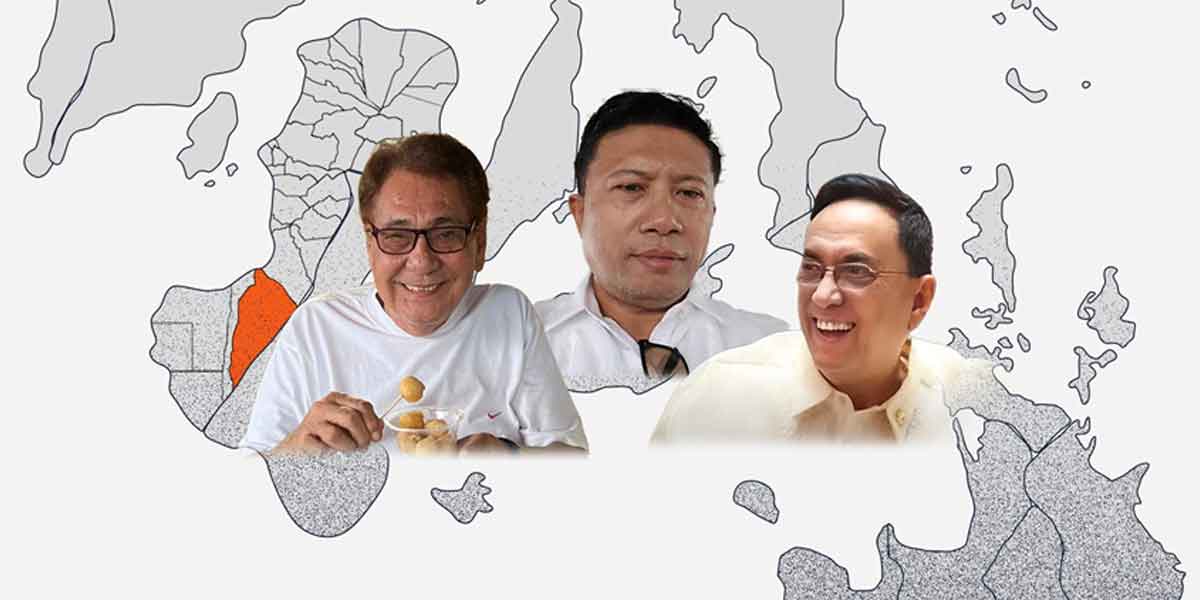By Richard Javad Heydarian
Russia’s invasion of Ukraine has become a primary strategic concern for much of the West, but its knock-on effects are extending well beyond Europe. This is particularly the case in Southeast Asia, where Moscow has sought over the past decade to carve out a new network of strategic partnerships.
Leveraging its robust strategic ties with China and India and offering heavily-discounted energy exports to both major Asian powers, Russia has partly managed to stave off the worst effects of the new wave of Western sanctions imposed in recent months over its Ukraine invasion.
Nevertheless, the relative resilience of Russia’s economy masks major strategic setbacks in places like Southeast Asia, where both new and traditional partners are reconsidering their once blossoming ties with Moscow to avoid possible blowback from the US and Europe.
This year saw both Indonesia and the Philippines, Southeast Asia’s two largest nations, nix major defense deals with Russia amid fears of potential sanctions by the West. Washington has tightened its noose around Moscow’s defense industry by doubling down on implementation of the Countering America’s Adversaries through Sanctions Act (CAATSA).
Meanwhile, Singapore, a major regional financial hub, went so far as to impose its own sanctions on Russia, publicly condemning the invasion of Ukraine as an “existential issue” for the city-state. With new sanctions targeting Russia’s central bank and key financial institutions, even traditional allies such as Vietnam are now struggling to maintain robust economic relations with Moscow.
“It’s getting very, very difficult”, an informed Vietnamese source told this author during a meeting on the outskirts of Hanoi this week, referring to Hanoi’s ongoing scramble to maintain normal trade and investment ties with Russia.
“What’s happened is akin to 9/11,” he added, referring to how the ongoing war in Ukraine has disrupted global order similar to the terrorist attack on the United States over two decades ago.
Not long ago, Russia could credibly project itself as a potential “third force” amid the intensifying Sino-American rivalry for influence and power in Southeast Asia.
Boasting immense hydrocarbon resources, the Eurasian country represented a major energy partner for booming economies in the region.
Moreover, Russia also offered relatively modern military hardware at affordable prices and often generous terms. The upshot was Russia’s emergence as the largest source of arms exports to Southeast Asia over the past decade, amounting to more than US$10 billion in sales.
Traditional allies such as Vietnam have purchased billions of dollars worth of Russian weaponry, including submarine and fighter jets, which have proven crucial to the Southeast Asian country’s ability to defend its claims in the hotly-contested South China Sea vis-à-vis China.
Russian President Vladimir Putin’s distinct blend of authoritarianism and populism also found a following in some Southeast Asian nations, most notably under outgoing Filipino president Rodrigo Duterte, who described his Russian counterpart as “my favorite hero.”
At the height of the Covid-19 pandemic, Russia also emerged as a major supplier of vaccines to regional states scrambling to contain outbreaks at home.
But Russia’s aggression against Ukraine has forced budding allies and partners such as the Philippines to reconsider bilateral relations. Earlier this year, Duterte, once a Putin fanboy, turned particularly critical towards the Russian leader.
“Many say that Putin and I are both killers. I’ve long told you Filipinos that I really kill. But I kill criminals, I don’t kill children and the elderly,” the Filipino leader said, openly decrying the invasion of Ukraine as aggression against “a sovereign nation.”
His successor, Ferdinand Marcos Jr, has proven entirely disinterested in pursuing robust defense relations with Russia. Earlier this month, the Philippines Department of National Defense announced the cancellation of a $244.2 million military deal with Russia for the purchase of 16 Russian-made Mil Mi-17 helicopters.
“We could face [US] sanctions,” former Philippine defense chief Delfin Lorenzana told the media, referring to the US CAATSA sanctions against Russian defense exports.
Shortly thereafter, Philippine Ambassador to Washington Jose Romualdez openly acknowledged that Western sanctions underscored the decision to scrap the deal.
“[The] United States and their Western allies are putting a lot of sanctions against Russia. Everybody knows that. If you buy anything from Russia, you would be sanctioned,” he added, while announcing that the Philippines will instead consider the Pentagon’s offer of Boeing CH-47 Chinook helicopters.
Months earlier, Indonesia also nixed its multi-billion-dollar fighter jet deal with Russia amid fears of incurring US sanctions. Similar to the Philippines, Indonesia instead settled for Western suppliers for the kit.
India, which has historically relied on Russian military hardware and technology, is now competing head-to-head with Moscow as a major arms supplier to Southeast Asia. That was seen in the finalization of a recent $375 million Brahmos supersonic missile system to the Philippines.
Now, even Cold War-era allies such as Vietnam are taking a hard look at their strategic relations with Russia. Last year, Vietnam-Russia trade reached $5.5 billion, according to Vietnamese customs data.
Following rounds of intense negotiations over the expansion of bilateral strategic ties, Vietnam’s free trade agreement with the Russian-led Eurasian Economic Union (EEU) officially took effect this year. Vietnamese investments in Russia have reached nearly $3 billion in recent years in 22 key projects.
But instead of witnessing expanded trade ties, Vietnam has been struggling with new sanctions on Russia’s key economic sectors and financial institutions, which have raised transaction and shipping costs.
The Southeast Asian country had to suspend shipment of catfish and tuna exports to Russia, while The Vietnam Cashew Association (Vinacas) has warned of a precipitous decline in exports to the Eurasian country due to Western sanctions.
Though relatively small in total volume, Vietnam and Russia have significant trade in food products. In 2021, Vietnam exported $550 million worth of agriculture, fishery and forestry produce to Russia. In turn, Russia and Ukraine accounted for 20% of Vietnam’s total wheat imports.
Recognizing the depth of the crisis, Vietnam and Russia have been exploring special ways to mitigate the impact of sanctions. Vietnamese Ambassador to Russia Dang Minh Khoi has warned of the negative impacts sanctions are causing to bilateral relations.
“This would need more urgent measures to help enterprises and investors whose projects and plans are affected in Russia,” Khoi said, saying that in the first six months of the year “we have sent about 130 reports to Vietnam, many of which are about difficulties in boosting the economic, trade and investment relationship between both countries.”
“Over the past months, Vietnam’s exports to Russia have been slashed by half year on year due to enterprises’ failure in payment and cancelations in logistics chains and supply chains,” the informed Vietnamese source added.
It’s unclear how the sanctions will affect Vietnam’s defense ties with Russia, from where it has received the bulk of its modern equipment. But given the significance Hanoi attaches to its strategic ties with Moscow, recent economic setbacks are unlikely to deter efforts to maintain robust strategic relations.
The future of Russia’s relations in the region, however, will largely depend on its economic conditions at home and, crucially, the eventual reversal or easing of Western sanctions and the risk of being hit with so-called secondary sanctions.
A recent Yale University study led by Professor Jeffrey Sonnenfeld has underscored the depth of the impact of new Western sanctions on the Russian economy, which has suffered huge losses in productivity and foreign investments as a result.
“Looking ahead, there is no path out of economic oblivion for Russia as long as the allied countries remain unified in maintaining and increasing sanctions pressure,” the paper concludes, underscoring the importance of a peaceful settlement of the Ukraine crisis to Moscow’s strategic rebound in critical regions like Southeast Asia.
Follow Richard Javad Heydarian on Twitter at @richeydarian
























